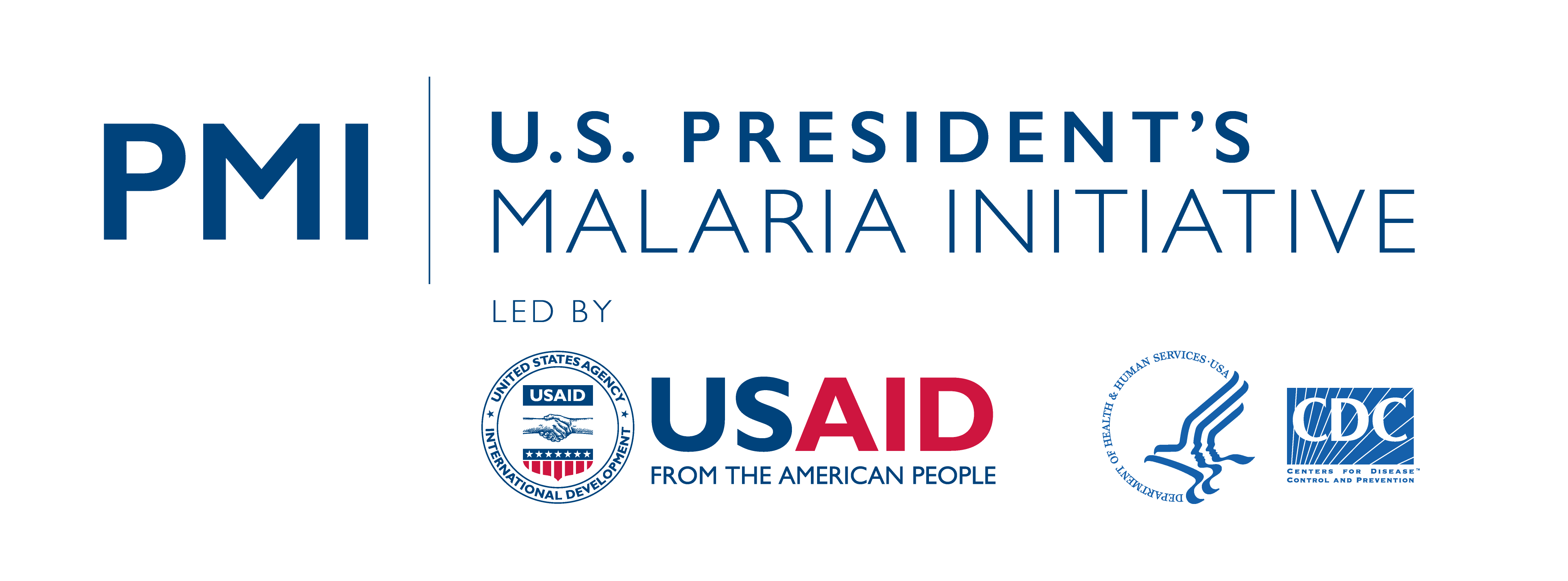Key Action 4: Know the Symptoms of Malaria and Seek Care within 24 Hours at a Health Facility or with a Community Health Worker
Teach your community about the symptoms of malaria and the importance of seeking treatment immediately. Malaria can progress very quickly, especially in children under five years old. Within 24 hours, malaria can turn deadly.
Malaria can strike anyone at any time. Symptoms of malaria include:
- Fever.
- Chills.
- Headache.
- Muscle Aches.
- Fatigue.
- Nausea.
- Vomiting.
- Diarrhea.
- Anemia.
- Jaundice (yellow coloring in the eyes).
A simple blood test at the local health care facility or with a community health worker can confirm if a person is infected with malaria. A health care worker can then prescribe the proper antimalarial medicine, called Artemisinin-based Combination Therapy (or ACT for short).
Religious and community leaders can connect community members who seek their advice and counsel to health workers. Importantly, faith leaders can help the people in their congregation by offering spiritual support while simultaneously referring them immediately to health facilities or community health workers for medical treatment.
- If you or a family member (especially children under five) develop a fever or other malaria symptoms, go to the nearest healthcare facility or community health worker to receive care within 24 hours.
- Seeking care immediately when malaria symptoms arise will help you receive treatment quickly, avoid complications, and prevent deaths from a treatable disease.
- If you seek treatment, but symptoms continue, seek care again until you or the patient is well.


